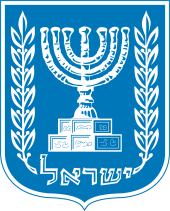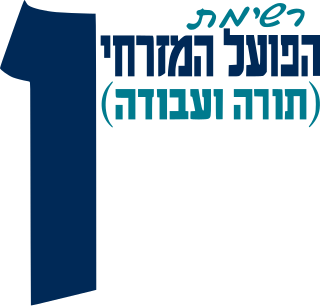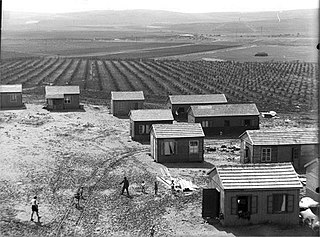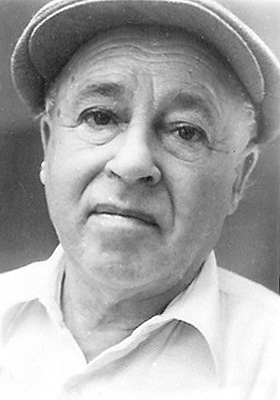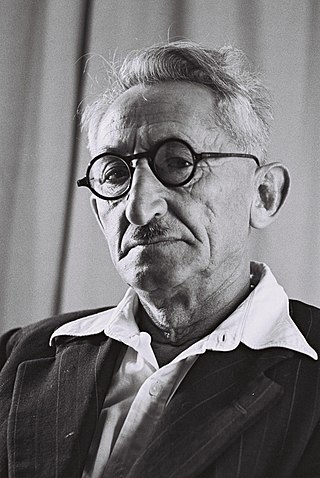Historical background
The law, which was only legislated in 1953, had been a long-standing desire. Already in 1948, as part of the discussions of the Education Planning Committee established by Mapai at the end of 1947, the proposal was raised to abolish the secular education streams and essentially merge the Labor stream with the General stream. The committee ultimately decided to ignore the question and leave the decision "to free clarification among various public entities, mainly teachers and educators." However, some committee members saw an "urgent need to clarify the issue of the streams" and sought a decision on this matter.
With the establishment of the State of Israel, the establishment initially avoided this issue, which is why a Minister of Education was not appointed until March 1949. The issue resurfaced as part of David Ben-Gurion's, the Prime Minister's, statehood policy. Ben-Gurion argued that the situation that existed in the Jewish Yishuv before the state was established could not continue afterward. Before the state was established, the parties were involved in all aspects of life - they established sports organizations, such as Hapoel of the Histadrut labor union, Betar of the Revisionists, and so on, settlements, such as the kibbutzim and moshavim that were and are ideologically affiliated with different movements, banks, such as Bank Hapoalim, and education systems that instilled their party's ideology in their students. The partisanship stemmed from the fact that the Jewish Yishuv had no direct connection to the British Mandate authorities, and there was no sovereign Jewish state, so the parties took on roles that are usually reserved for the establishment worldwide.
With the establishment of the State of Israel, there was a slow transition from partisanship to statehood, a transition led by Ben-Gurion. Ben-Gurion feared that party interest would override national interest and thus began the process of nationalizing institutions that took upon themselves the roles of the state. One of the peaks of this process was the legislation of the State Education Law.
In February 1951, a Knesset debate was held on the unified education of immigrant children. The debate shifted to the issue of the streams, and at its conclusion, the Knesset imposed on the government "to prepare within two months a bill that abolishes the party-affiliated streams in education and ensures the governance of unified state education in the country, with two tracks - one of which is religious." Already in the elections for the second Knesset (July 1951), the parties emphasized the issue of streams in their platforms. During the second Knesset, the debates continued on the topic until a decision was made in the Knesset plenum in August 1953.
A few months before the decision, a new obstacle emerged: kibbutz members sought to preserve the socialist characteristics within their kibbutzim, to continue flying the red flag, sing "Techzakna" and the Internationale, and celebrate May Day. Ben-Gurion strongly opposed this request. Initially, Mapai, his party, opposed him, but after Ben-Gurion declared that he did not intend to relent on this matter and threatened to resign - his stance was accepted.
The law was legislated on August 12, 1953, with the support of thirty-nine Knesset members against thirty-six opponents.
